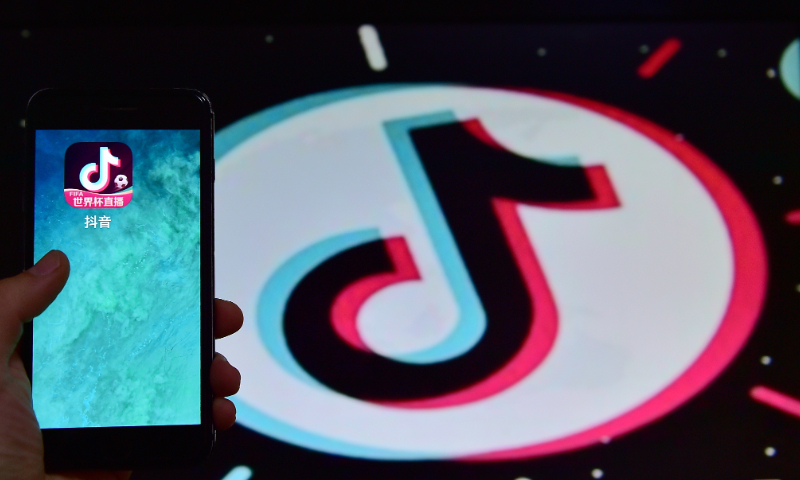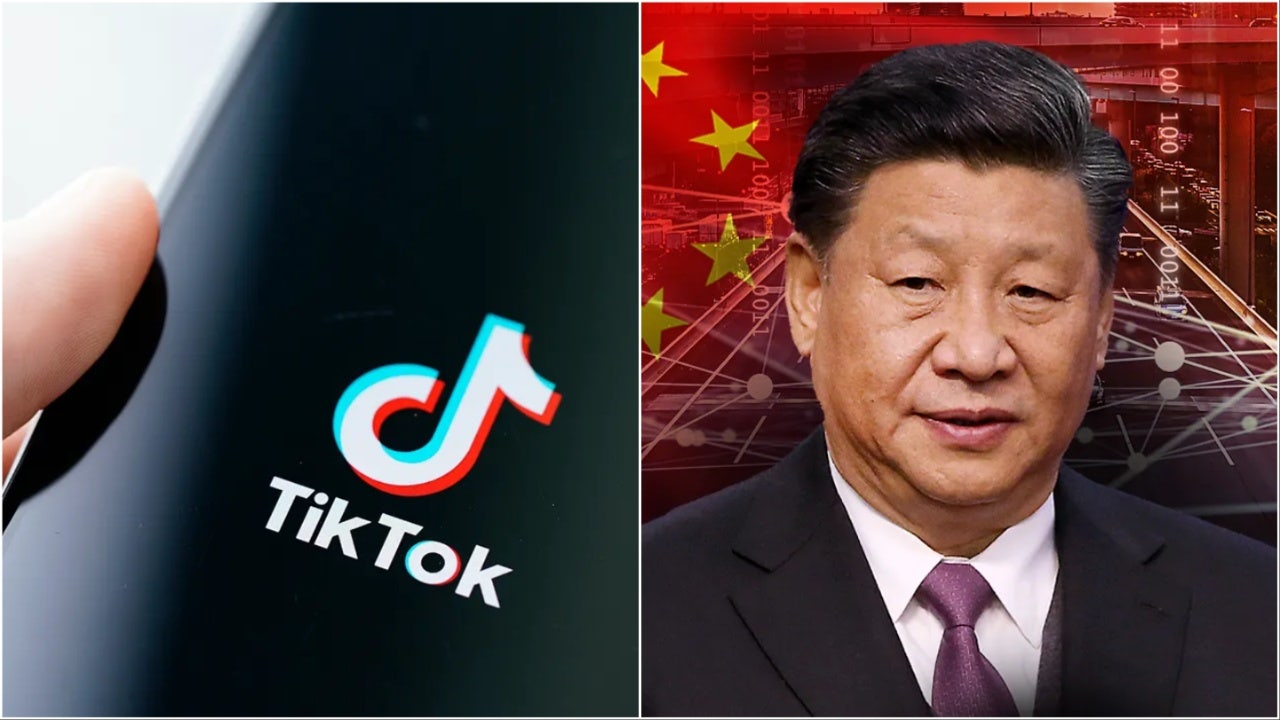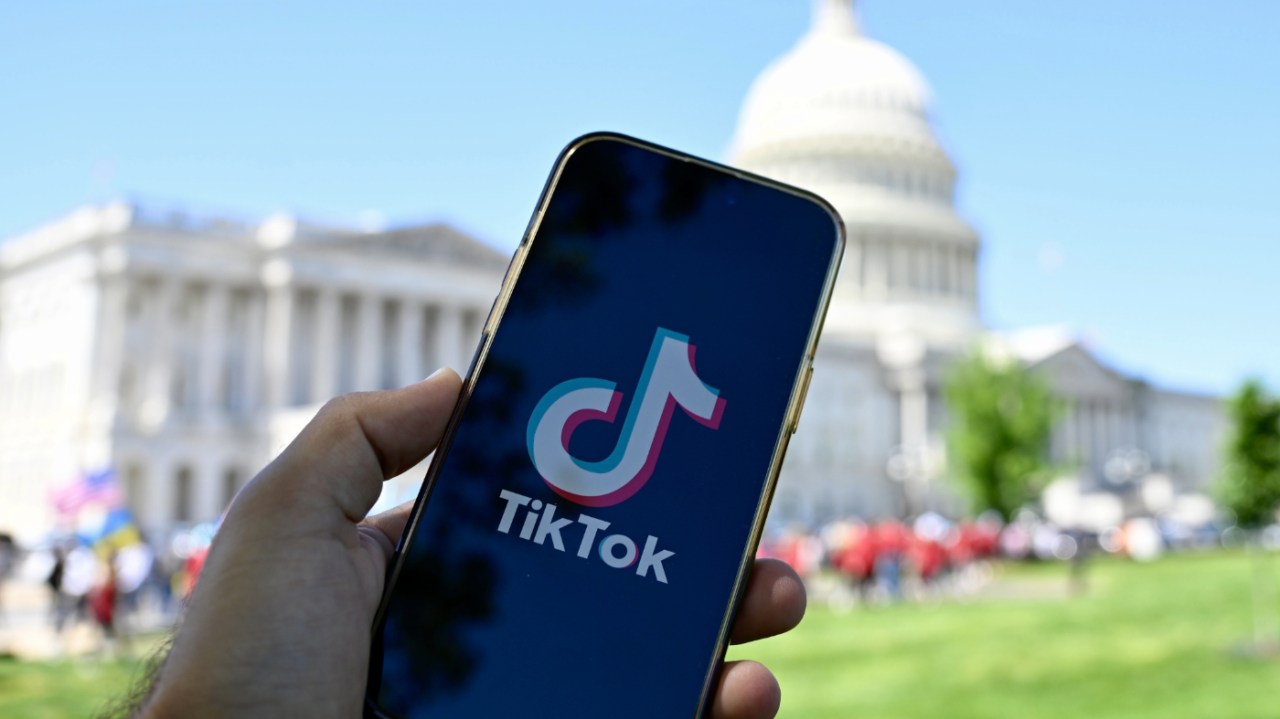FearlessRoar
T20I Star
- Joined
- Sep 11, 2023
- Runs
- 30,521
Online audiovisual industry expands fast with rural areas driving force
The market size of China's online audiovisual industry, which includes short videos and livestreaming, has surpassed 1 trillion yuan ($138 billion) for the first time, with the majority of new users coming from rural areas, according to a report released on Wednesday.
The report, released at the China Online Audiovisual Conference in Chengdu, Southwest China's Sichuan Province, said that the market size of the online audiovisual industry, including long videos, short videos, livestreaming and audio, reached 1.1524 trillion yuan in 2023.
In 2022 and 2023, the number of online audiovisual users in rural China reached 299 million and 320 million, respectively, up12.6 percent and 6.8 percent year-on-year, far exceeding the growth rate of urban users during the same period.
Behind the colossal commercial scale are millions of professionals in related fields, highlighted by the fields of short videos and livestreaming in particular.
The report reveals that as of December 2023, the total number of short video accounts reached 1.55 billion, with 15.08 million professional streamers.
Major platforms update about 80 million short videos per day, with more than 3.5 million live broadcasts every day.
"The significant number of practitioners and the substantial market size are driving the online audio-visual sector to become a vital force in digital economic development," Li Nan, a Beijing-based short video business insider, told the Global Times on Thursday.
Moreover, livestreaming has shown outstanding performance in supporting e-commerce and cultural tourism development.
The report shows that 71.2 percent of users have purchased goods after watching short videos/livestreams, with 40.3 percent acknowledging that "short videos/livestreams have become their main consumption channel."
Furthermore, 44.4 percent of users frequently watch tourism/scenery-related short videos, up by 16.3 percent from 2022, while 27.9 percent of users "will travel to a certain destination because of watching short videos/livestreams."
In terms of short videos, micro-short dramas are becoming recognized by an increasing number of internet users as a platform for high-quality content creation and mainstream value dissemination.
As a form of drama with relatively short duration, typically ranging from a few minutes to a dozen minutes, micro-short dramas are characterized by concise narratives and simple plot structures, focusing on the climax and twists to attract audience attention.
This format often appears on social media platforms, short video applications and online streaming platforms, attracting viewers' attention due to its concise, easy-to-consume, and eye-catching characteristics.
According to the latest report, 39.9 percent of short video users frequently watch micro-short dramas, ranking second only to TV dramas/web dramas and movies/web movies, with 31.9 percent of users having paid for micro-short drama content.
The market size of China's online audiovisual industry, which includes short videos and livestreaming, has surpassed 1 trillion yuan ($138 billion) for the first time, with the majority of new users coming from rural areas, according to a report released on Wednesday.
The report, released at the China Online Audiovisual Conference in Chengdu, Southwest China's Sichuan Province, said that the market size of the online audiovisual industry, including long videos, short videos, livestreaming and audio, reached 1.1524 trillion yuan in 2023.
In 2022 and 2023, the number of online audiovisual users in rural China reached 299 million and 320 million, respectively, up12.6 percent and 6.8 percent year-on-year, far exceeding the growth rate of urban users during the same period.
Behind the colossal commercial scale are millions of professionals in related fields, highlighted by the fields of short videos and livestreaming in particular.
The report reveals that as of December 2023, the total number of short video accounts reached 1.55 billion, with 15.08 million professional streamers.
Major platforms update about 80 million short videos per day, with more than 3.5 million live broadcasts every day.
"The significant number of practitioners and the substantial market size are driving the online audio-visual sector to become a vital force in digital economic development," Li Nan, a Beijing-based short video business insider, told the Global Times on Thursday.
Moreover, livestreaming has shown outstanding performance in supporting e-commerce and cultural tourism development.
The report shows that 71.2 percent of users have purchased goods after watching short videos/livestreams, with 40.3 percent acknowledging that "short videos/livestreams have become their main consumption channel."
Furthermore, 44.4 percent of users frequently watch tourism/scenery-related short videos, up by 16.3 percent from 2022, while 27.9 percent of users "will travel to a certain destination because of watching short videos/livestreams."
In terms of short videos, micro-short dramas are becoming recognized by an increasing number of internet users as a platform for high-quality content creation and mainstream value dissemination.
As a form of drama with relatively short duration, typically ranging from a few minutes to a dozen minutes, micro-short dramas are characterized by concise narratives and simple plot structures, focusing on the climax and twists to attract audience attention.
This format often appears on social media platforms, short video applications and online streaming platforms, attracting viewers' attention due to its concise, easy-to-consume, and eye-catching characteristics.
According to the latest report, 39.9 percent of short video users frequently watch micro-short dramas, ranking second only to TV dramas/web dramas and movies/web movies, with 31.9 percent of users having paid for micro-short drama content.






































